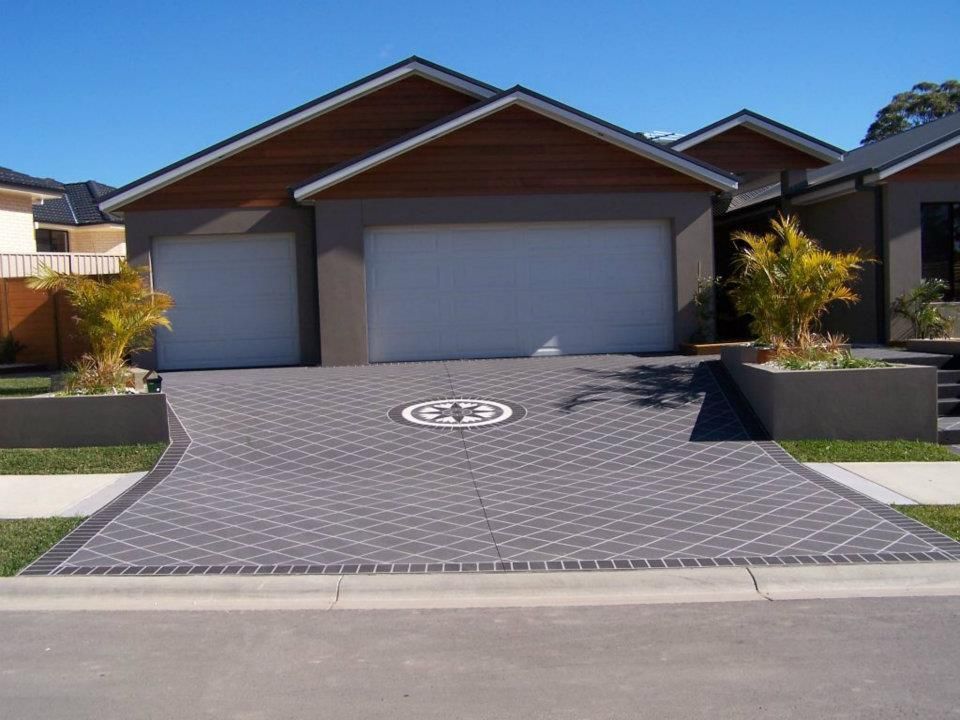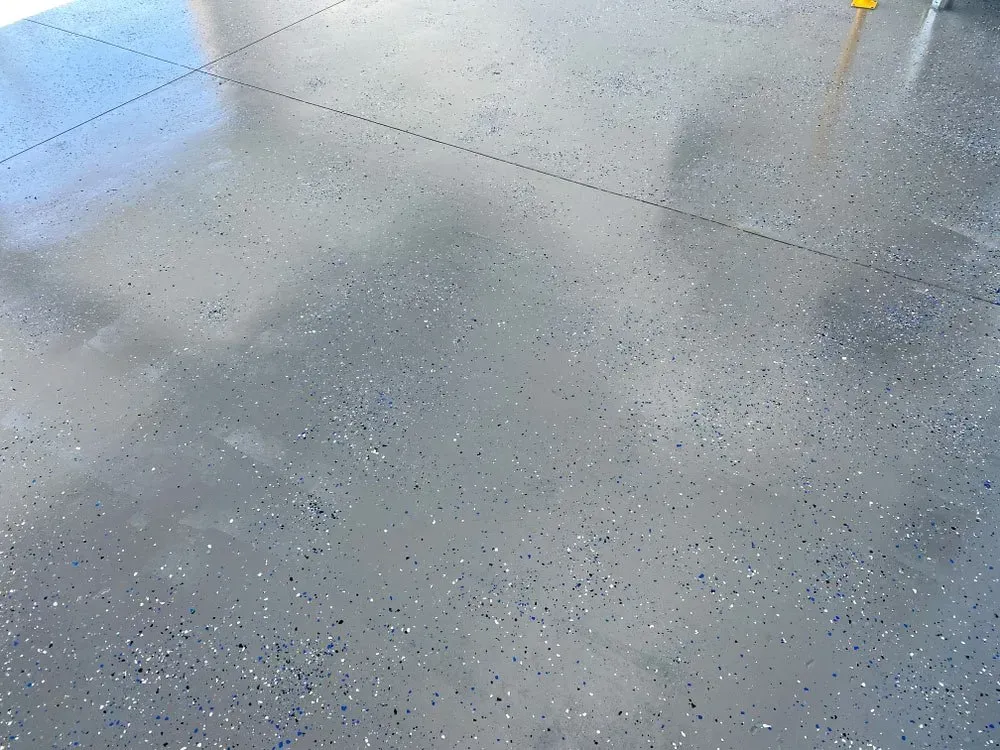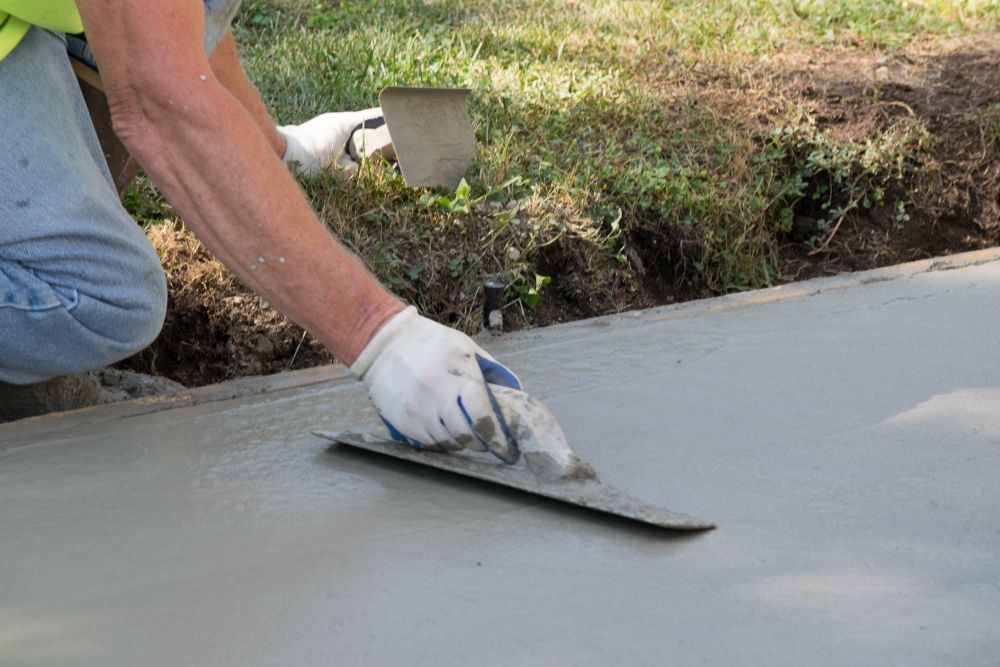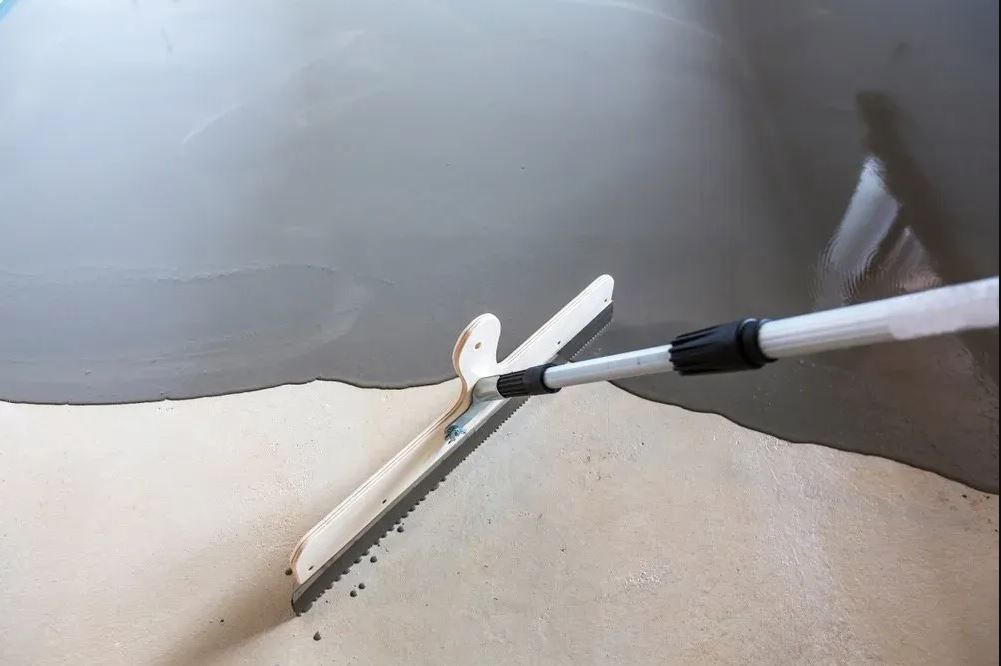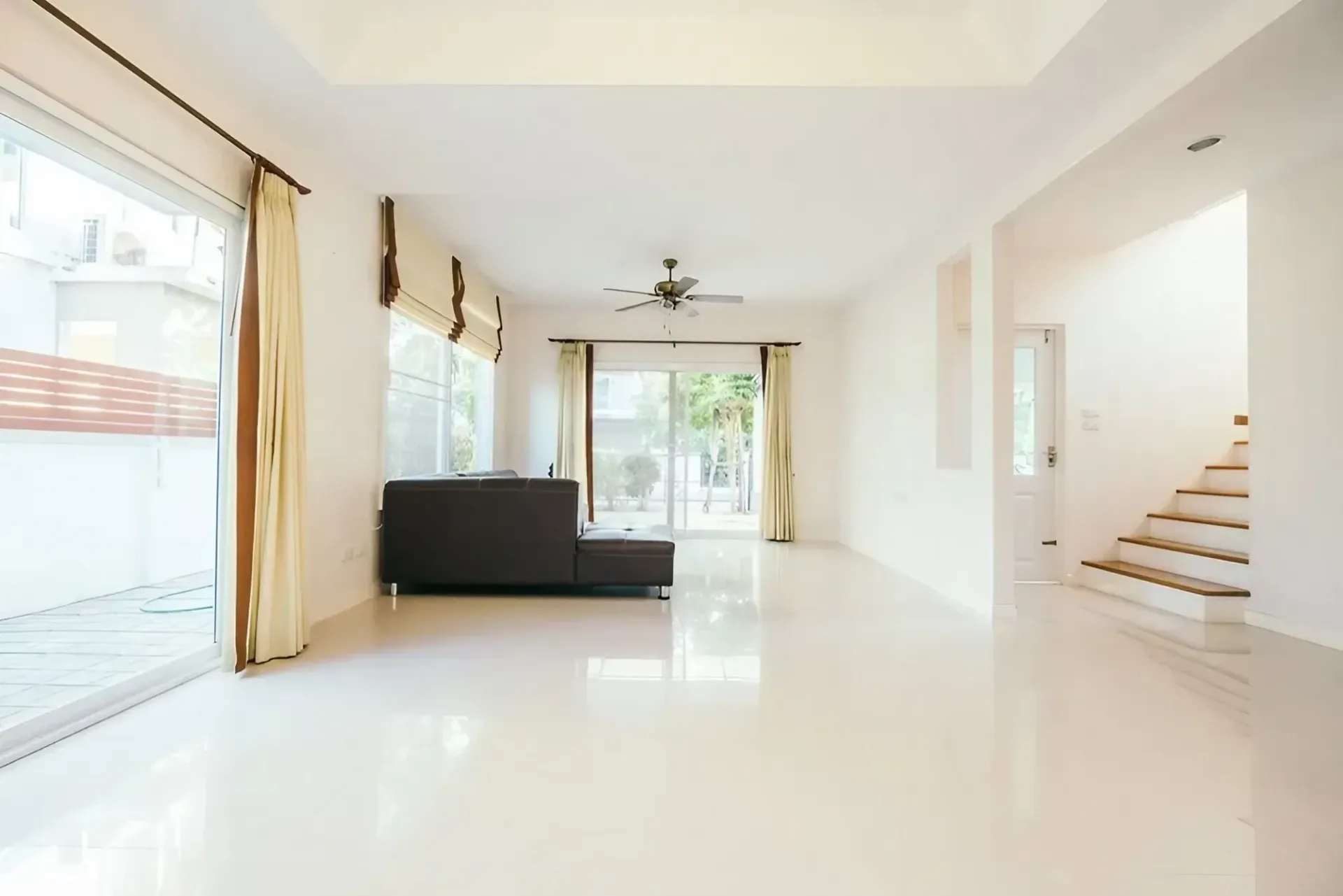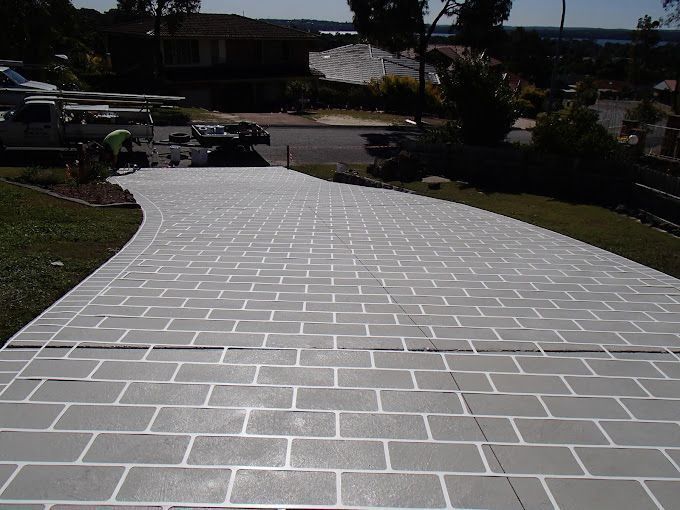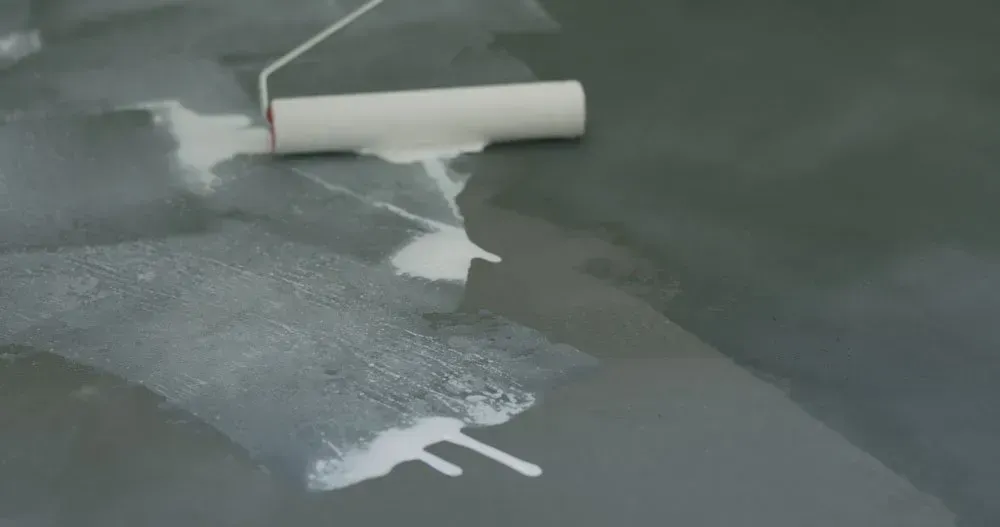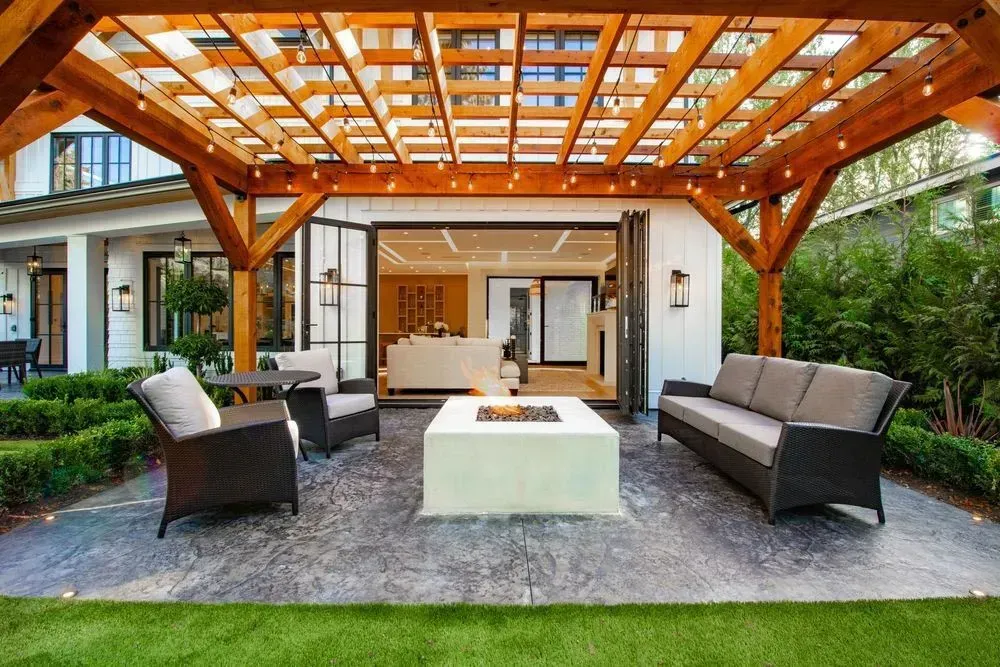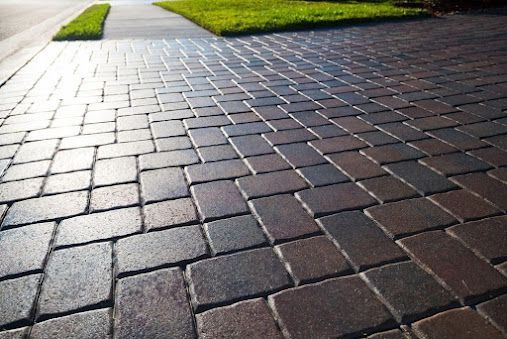How To Choose The Right Concrete Sealer: Water-Based vs Solvent-Based
When it comes to protecting your concrete surfaces, choosing the right sealer can make all the difference. Whether you’re a homeowner wanting to preserve your driveway or patio, a contractor working on a large-scale project, or an architect specifying materials for a decorative finish, understanding the difference between water-based and solvent-based sealers is crucial.
In this blog post, we’ll explain the key differences, advantages, and considerations so you can confidently choose the best sealer for your concrete surfaces.
Understand the Key Differences Between Water-Based & Solvent-Based Sealers
At the most basic level, the key difference between water-based and solvent-based concrete sealers lies in their chemical makeup. Water-based sealers use water as a carrier for the active ingredients, while solvent-based sealers use chemical solvents. This seemingly small distinction greatly impacts performance, application, and appearance.
- Water-based sealers: These offer a lower odour, lower VOCs (volatile organic compounds), and easier cleanup with soap and water. They tend to create a more matte or satin finish.
- Solvent-based sealers: These penetrate deeper into the concrete, offer a glossier “wet look”, and typically have higher VOC levels. They require solvents for cleanup and have a stronger smell during application.
Understanding these differences helps set the foundation for making the right choice for your project.
Assess Performance & Durability for Different Concrete Surfaces
The type of concrete surface you’re sealing plays a big role in which sealer will work best. Different areas have different needs when it comes to performance and durability.
- Driveways & garage floors: Solvent-based sealers generally offer superior durability and chemical resistance, making them ideal for high-traffic areas.
- Decorative concrete (e.g., stamped or stencilled surfaces): Water-based sealers are often preferred because they are less likely to darken or alter the decorative appearance.
- Patios & pool surrounds: Both sealer types can work, but water-based sealers may be better if slip resistance is important, as they tend to have a less glossy finish.
To get the most longevity out of your concrete investment, it’s important to match the product’s performance characteristics to the surface and usage demands.
Consider Environmental Impact & VOC Emissions
In Australia, environmental regulations around building materials and finishes are becoming stricter, and many homeowners are increasingly conscious of their environmental footprint. VOC emissions are a major concern with many construction products, and sealers are no exception.
- Water-based sealers: Contain lower VOC levels, making them safer for indoor use and better for the environment. They are often favoured in residential areas or green building projects.
- Solvent-based sealers: Have higher VOC levels and stronger odours, so they should only be used in well-ventilated or outdoor areas. They may not comply with certain eco-certification standards.
If sustainability and air quality are priorities, water-based products usually compare.
Evaluate Ease of Application & Drying Time
One area where the choice between sealers really matters is in the application process, particularly for DIY users. While both products can deliver great results, they have different requirements.
Water-based sealers:
- Easier and safer to apply, with minimal odour.
- Clean up with soap and water.
- Dry faster, often within a few hours.
Solvent-based sealers:
- Require careful handling due to flammability and fumes.
- Need specialised solvents for cleanup.
- Take longer to dry and cure, often needing 24–48 hours.
Water-based sealers offer a more user-friendly option for DIY projects or jobs with tight timelines.
Match Sealer Type to Desired Finish & Aesthetic
The look and feel of your finished surface are big factors in choosing a sealer. The two product types provide very different finishes, and knowing what to expect will help you avoid disappointment.
- Water-based sealers: Provide a natural-looking finish that enhances the surface without drastically changing its appearance. They are great for decorative or coloured concrete to preserve the original look.
- Solvent-based sealers: Deliver a glossy, “wet look” finish that intensifies colours and highlights textures. This is often desirable for exposed aggregate, stamped, or stencilled concrete, where you want the features to pop.
Selecting based on finish ensures the visual outcome matches your design goals.
Weigh Maintenance & Reapplication Needs
No sealer lasts forever; maintenance should always be part of your planning. How often you need to reapply the sealer and how you maintain it can influence your choice.
Water-based sealers:
- Typically lasts 2–3 years before needing reapplication.
- Easier to recoat without stripping.
- Simple soap-and-water cleanup for routine maintenance.
Solvent-based sealers:
- Often last 3–5 years, especially in heavy-duty applications.
- May require stripping before reapplication to avoid buildup.
- More resistant to oil, grease, and chemical stains, making them easier to clean.
By considering ongoing care, you can avoid surprises and factor in the long-term cost of keeping your concrete in top shape.
Factor in Cost & Budget Considerations
Budget matters on any project, and the price of sealers can vary based on product type, brand, and coverage. Beyond the upfront price, it’s also important to weigh long-term value.
- Upfront cost: Water-based sealers tend to be slightly less expensive per litre.
- Coverage: Solvent-based sealers often cover more area per litre, balancing the higher cost.
- Longevity: Solvent-based sealers last longer between applications, offering better value over time.
- Maintenance costs: Water-based sealers save on cleanup and tools, which can reduce overall project costs.
Balancing price, performance, and lifespan will help you stay on budget while getting the desired results.
Seek Professional Advice for Best Results
While some projects can be handled DIY, others benefit greatly from professional expertise. If you’re working with decorative concrete, exposed aggregate, or a large commercial surface, consulting a concrete specialist is a smart move. They can:
- Assess the specific needs of your project.
- Recommend products suited to your climate, surface, and desired finish.
- Apply the sealer properly to avoid common issues like streaking, bubbling, or incomplete coverage.
A professional can save you time, money, and frustration for complex jobs while delivering a longer-lasting, more beautiful result.
Find the Right Colour Concrete Sealer for Lasting Impact
At
Concrete Colour Solutions, we’re here to help you get the most out of your concrete surfaces. We offer a full range of water-based and solvent-based
concrete sealers in Newcastle designed to protect and enhance everything from driveways to decorative finishes. Whether you’re a homeowner, builder, or designer, our team can help you select the right product and guide you through the application process.
Contact us today!

